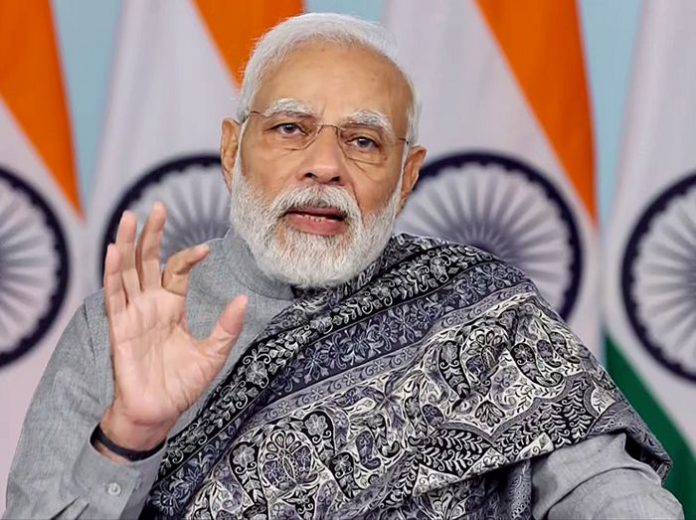This post is to inform you about the key points of NEP 2023. If you have not got the most of it already, you should continue reading.
The National Policy on Education (NPE) is a policy formulated by the Government of India . This was done to promote and regulate education in India. The policy covers elementary education to higher education in both rural and urban India. The first NPE was promulgated by the Government of India by Prime Minister Indira Gandhi in 1968. The second by Prime Minister Rajiv Gandhi in 1986, and the third by Prime Minister Narendra Modi in 2020.
On 29 July 2020, the cabinet approved a new National Education Policy. Moreover, with an aim to introduce several changes to the existing Indian education system.
Key Points on NEP 2020:
The traditional educational curriculum in our country has long been based on the 10+2 system. However, with the introduction of the new policy, this is about to change. The new structure, known as 5+3+3+4, will be the new norm.
So, what does this mean exactly? Let’s break it down:
- 5 Years of Primary Education (Pre-Primary to 2nd Grade). The first part of the new structure focuses on the foundational years. Covering pre-primary and up to the second grade.
- 3 Years of Preparatory Education (3rd to 5th Grade). The second portion is dedicated to preparatory education, spanning from the third to the fifth grade.
- 3 Years of Middle School (6th to 8th Grade). The third phase includes middle school years, encompassing grades six through eight.
- 4 Years of Secondary Education (9th to 12th Grade). The final part of the new structure from the 9th grade up to the 12th grade.
Native Language:
The National Education Policy (NEP) places a strong emphasis on using pupils’ native language as the primary medium of instruction. All while adhering to the “three-language formula” and ensuring that no language is enforced on any individual. The NEP proposes utilizing the mother tongue as an instructional medium, rather than making it obligatory.
As per the policy document, children tend to grasp complex subjects more swiftly when taught in their native language.
From kindergarten until at least Grade 5. And preferably up to Grade 8 and beyond, the policy advocates employing the home language, mother tongue, local or regional language as the primary medium of instruction. This guideline applies to both public and private schools.
UG Programs:
Under the NEP, undergraduate degree programs will extend for three or four years, offering various exit options along the way. After a year of study in a specific field, which includes vocational and professional areas, colleges will grant a certificate. Following two years of study, a diploma will be awarded, and upon completion of a three-year program, a Bachelor’s degree will be conferred.
Moreover, the government plans to establish an Academic Bank of Credit for digitally storing academic credits earned at different Higher Education Institutions (HEIs). This will facilitate the seamless transfer and accumulation of credits towards a final degree.
NEP renewed is a big step.
To stay updated with all recent notices visit @noticedash.com



